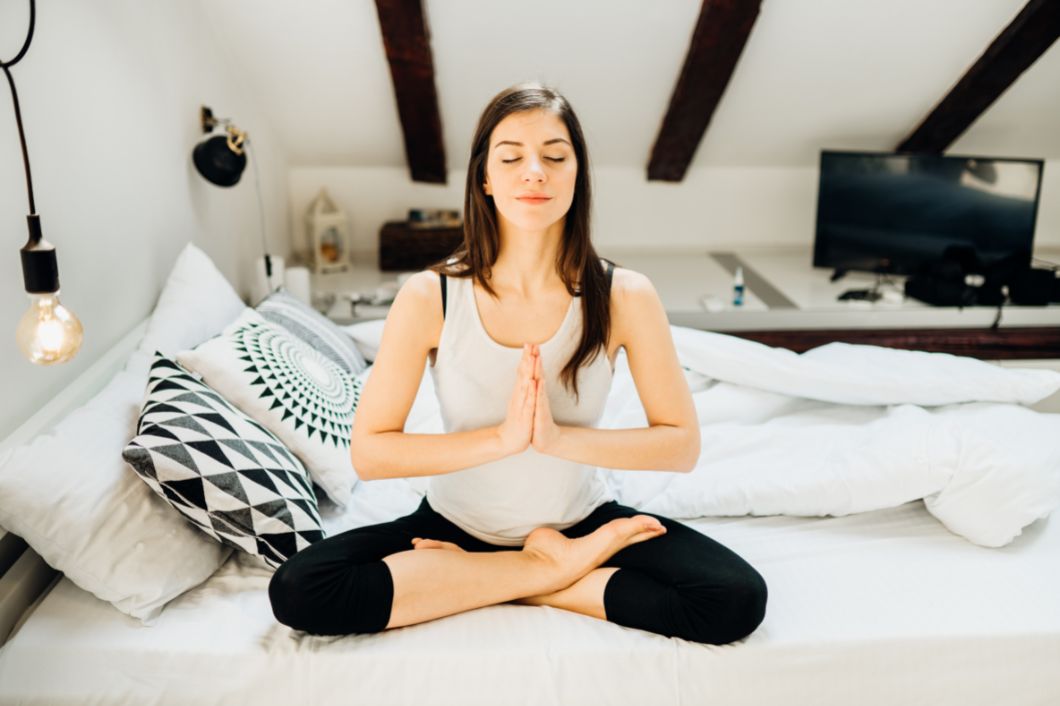Coping with anxiety is challenging, especially without strategies that help you navigate life. Fortunately, you’re not alone, and there are coping techniques to follow. Check out these tips and strategies for managing anxiety as an adult for helpful advice.
Identify and Understand Your Triggers
When do you experience anxiety? Maybe it’s before a work conference, or perhaps you feel anxious after drinking coffee. Identifying your triggers helps you pinpoint moments that make you uncomfortable or nervous. Some triggers are more obvious than others, but here are some common causes:
- Phobias
- Caffeine
- Stressful work environment
- Traveling
- Entering new spaces
Stay Present in the Moment
Anxiety makes your mind race with thoughts and worries about future situations and scenarios. It’s common to experience stress or dread about things that may or may not happen. Though you can’t prevent your brain from thinking about the future, you can stay present. Whether you’re talking to a friend or going to an event, focus on your current activities.
Focus on Muscle Relaxation
Anxiety can bring physical symptoms that affect your everyday life. In particular, muscle tension and pain are common occurrences in adults dealing with an anxiety disorder. Luckily, physical activity and chiropractic care can ease symptoms. One impact of chiropractic care on anxiety is that it relieves body tension and stiffness. Musculoskeletal health is important, and you can relieve pain with spinal adjustments.
Journal Your Thoughts and Emotions
A smart strategy for managing anxiety as an adult is to journal your thoughts and emotions. When you hold things in, it’s easy to go down a rabbit hole of worrying and “what if” scenarios. However, you can express grievances and emotions about various situations. In many cases, journaling is calming to people with anxiety, and it can help you sort through your feelings.
Work on Slow Breathing
When you feel anxious, your breathing pattern changes. You may experience short, shallow, and quick breaths that increase your heart rate. It’s best to work on slow breathing to calm your body and ease nerves. Essentially, you’re slowing down your heart rate and restoring a normal breathing pattern. Slowly inhale and exhale to help you relax.



